Since ‘A Construct of Angels’ was published as an Amazon Kindle eBook, I have been asked this question many, many times. And if I’m honest, I haven’t always answered it well. But if you plan to publish in the future (or indeed, you have already) then you should spend a few moments rehearsing your reply.
A verbal synopsis can be as important as the written one, so it’s worth getting it right.
Nothing puts off a prospective buyer more than;
‘Er…um…well…it’s kind of…’
If you, the author, can’t even verbalise a quick synopsis, how can you expect to transmit your enthusiasm to a potential buyer?
The answer that I have found to be very effective is to immediately compare ‘Construct’ to an existing…nay, a household name – Twilight.
Yes, I know it’s a bit cliched and it’s just one of soooo many vampire stories in a super-saturated market…but consider this;
Who HASN’T heard of it?
So if you’ve just written a political thriller , don’t be afraid to say ‘It’s a lot like Tom Clancy / John Grisham / John LeCarre.’
Your rip-roaring sci-fi adventure could do a lot worse than be compared to the huge success of Star Wars.
Even if they forget about your book, the next time they see whatever you’ve compared your work to, they could very well be reminded to browse for your story.
Try ‘You’ve heard of……. right? Well, this is similar, except….’
And once you’ve established your genre, you can then go on to qualify your comparison, by adding something like; ‘It’s similar to Star Wars, but without the Wookies’ or ‘but Tom Clancy never went where my story goes..right into the corrupted heart of the DEA.’
The verbal synopsis of ‘Construct’ has evolved into something like this;
‘You’ve heard of Twilight and all the other vampire books?’
They nod.
‘This is similar, but with no vampires or werewolves allowed.’
‘Okay…’ they say, wondering what IS allowed.
‘It’s based in York.’
That gets their attention – it’s somewhere local (to us).
‘A paramedic who works there goes to the mortuary because she thinks her dead brother has just been found.’
Awww…the sympathy expression.
‘But while she’s there – she accidentally pulls down an angel into one of the bodies.’
‘Ooh?’ is the usual surprised reaction. ‘How could this be?’ they may wonder.
‘It turns out that this angel has only six days to save the world, otherwise Hell will take over and civilisation is finished.’
‘Six days?’
‘Yep. The clock is ticking. Six days – and everything goes to Hell.’
After that, they usually begin to ask questions about the story and how long it took to write, and the synopsis is no longer in the spotlight. Job done.
So, my advice is to Compare, then Qualify and finally Expand.
Give it a try when you’re in a quiet place (a railway platform or a bookshop is probably not the best venue).
Imagine that you’ve finally landed that longed-for radio interview. Millions are listening with baited breath (don’t worry, they can’t see your reclusive yet artistic face) to hear what your book is about – and you have between fifteen and twenty seconds to sum it up.
Go for four sentences. Short and snappy. Get their interest. Compare, Qualify, then Expand.
In closing, I should tell you this;
My worst ever answer?
‘So what’s your (High Fantasy) book about?’
‘It’s…er…it’s complicated.’
The curious party walked away, none the wiser. Don’t send potential buyers away with no desire to check out your book.
Write on!



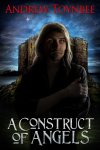

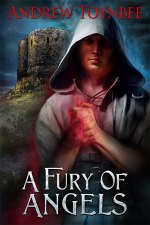

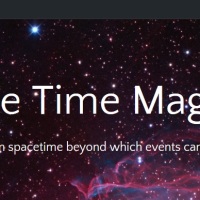

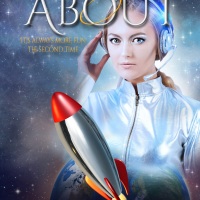




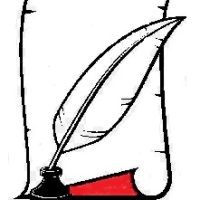
Mar 22, 2013 @ 13:00:07
Great challenge. Thanks, now to practising – how to put my novel into a nutshell 🙂
LikeLike
Mar 22, 2013 @ 13:03:32
Just one more challenge for the introverted author… 🙂
LikeLike
Dec 14, 2012 @ 15:57:52
That’s great advice! Thanks for sharing 🙂 I have to start rehearsing…
LikeLike